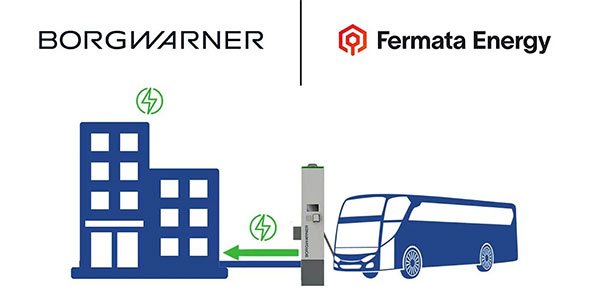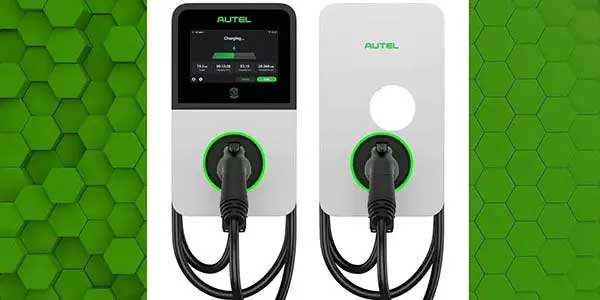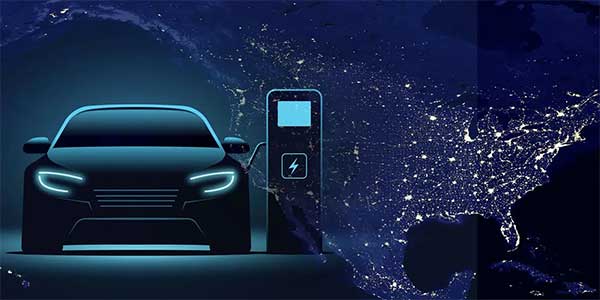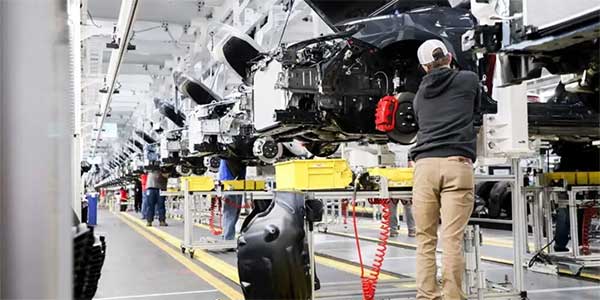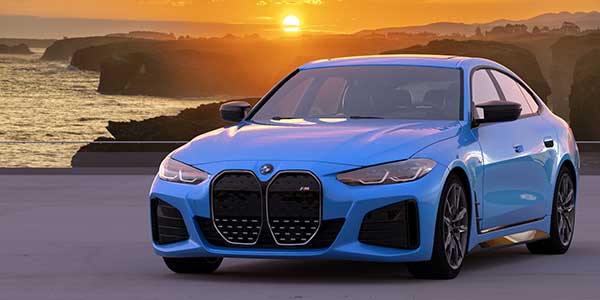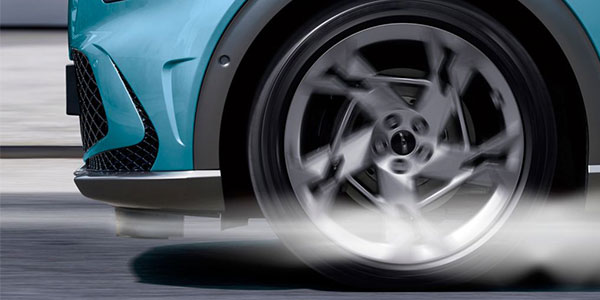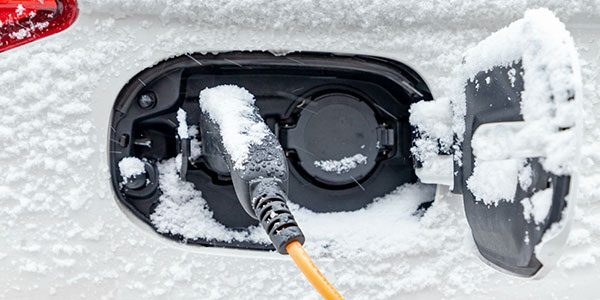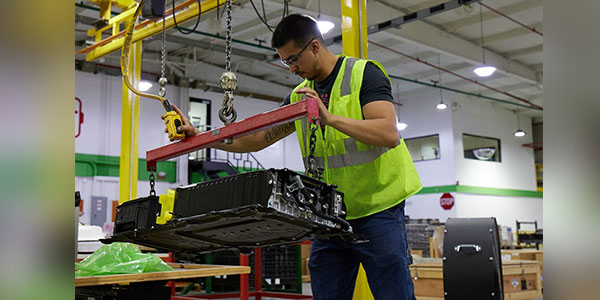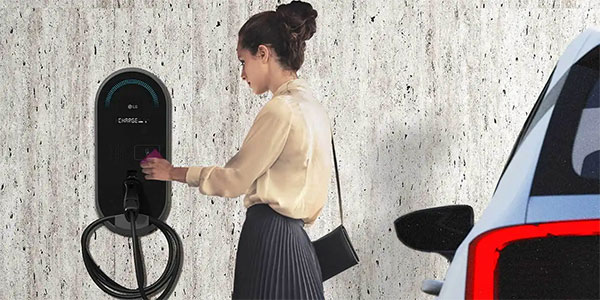TROY, Mich. — As automotive manufacturers pour billions of dollars into their electrification strategies and roll out new fully electric vehicles (EVs), new-vehicle buyer consideration is increasing, albeit slowly, according to the J.D. Power 2023 U.S. Electric Vehicle Consideration (EVC) Study, released in June.
This year’s study reveals that 26% of shoppers say they are “very likely” to consider purchasing an EV, up from 24% a year ago, while the percentage of shoppers who say they are “overall likely” to purchase an EV increases to 61% from 59% in 2022.
Influencing the modest year-over-year increases are a combination of positive and negative market factors: lower gas prices, inflation, rising interest rates, greater model availability and charging availability. Charging availability is growing more slowly year over year (13% vs. 33% in 2022), while model availability has increased, with 42% of buyers now having a viable EV model that meets their needs.
“With all of these influences shaping today’s EV market, the biggest friction point for consideration is the availability of public chargers,” said Stewart Stropp, executive director of EV intelligence at J.D. Power. “The growth in public charging isn’t keeping pace with the rising number of EVs on the road. While owners are impressed by what automakers are offering, they’re also thinking about how, when and where they’ll be able to charge their vehicles away from home. A resounding effort to build out and improve the public charging infrastructure will emphatically increase EV purchase consideration.”
Nearly half (49%) of shoppers rejecting the idea of buying an EV say their primary reason is a lack of charging station availability. Charging availability has been the top reason for rejection since the inception of the study in 2021. In fact, across all J.D. Power EV studies, public charging infrastructure consistently scores low in satisfaction. “Most EV owners will say charging is one of the greatest benefits of ownership, because 85% of it is done at home,” Stropp said. “But it’s the exceptional use case — like a vacation road trip — that’s holding shoppers back. Proactively taking ownership of the public charging experience is a huge opportunity for automakers to differentiate. The recent announcements by Ford and GM to establish a charging collaboration with Tesla are particularly noteworthy.”
Following are some key findings of the 2023 study:
- Longer commutes mean increased consideration:The more miles that vehicle owners drive, the more likely they are to consider an EV. As in prior-year studies, daily commuters faced with higher fuel expenses are trading in their gas-powered vehicles for EVs. Among those who commute more than 45 minutes each way, 35% say they are “very likely” to consider an EV, which is 14 percentage points higher than among those with a commute of 15 minutes or less (21%).
- EV experience helps with purchase consideration:Getting consumers into an EV plays an important role in purchase consideration. Just 12% of consumers who have no personal experience with an EV say they’re “very likely” to consider one, while that percentage more than doubles to 25% among those who have simply ridden in an EV as a passenger. The ratios continue to climb in proportion to shoppers’ experience with EVs, with a response of “overall likely” reaching 80% among those who have owned or leased an EV in the past.
- EV consideration grows with owners looking to replace their vehicle:Among owners looking to replace their current vehicle, the percentage of those who say they are “very likely” to consider an EV increases across all powertrain types. Owners of plug-in electric vehicles (PHEVs) who say they are “very likely” to consider an EV increases 11 percentage points year over year, followed by battery electric vehicle (BEV) owners (6 percentage points); hybrid electric vehicle (HEV) owners (2 percentage points); and internal combustion engine (ICE) vehicle owners (2 percentage points).
- California leads in EV consideration:California has the highest percentage of shoppers (73.1%) who say they are “overall likely” to consider an EV and those who say they are “very likely” (40.5%) to consider an EV. New York ranks second in “very likely” at 33.7%.
- Gen Z[1] fastest-growing segment for EV consideration: As more affordable EV models come to market, consideration among Gen Z consumers shows a higher year-over-year increase (6 percentage points) than among other age groups. Gen Y consumers have the highest level of consideration (72%) and the highest percentage of those who say they are “very likely” to consider an EV (37%).
- EV consideration not limited to Tesla: While Tesla remains the most-considered EV brand, the three most-considered models are all from perennial full-line automakers—not Tesla. Notable, however, is that shoppers who are considering a Tesla say charging station availability is a greater reason to buy than among those who are considering other EV brands.
The U.S. Electric Vehicle Consideration (EVC) Study is an industry benchmark focusing on gauging fully electric or battery electric vehicle shopper consideration, simply referred to as EVs in the study. Study content includes overall EV consideration by geography; demographics; vehicle experience and use; lifestyle; and psychographics. It also includes model-level consideration details such as “why buy” findings and analysis of reasons for EV rejection. This year’s study measures responses from 8,136 consumers and was fielded from February through May 2023.
For more information about the U.S. Electric Vehicle Consideration (EVC) Study, visit
https://www.jdpower.com/business/automotive/electric-vehicle-consideration-study.


